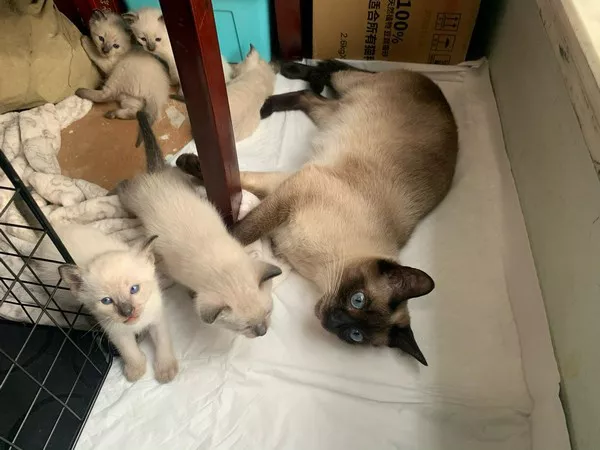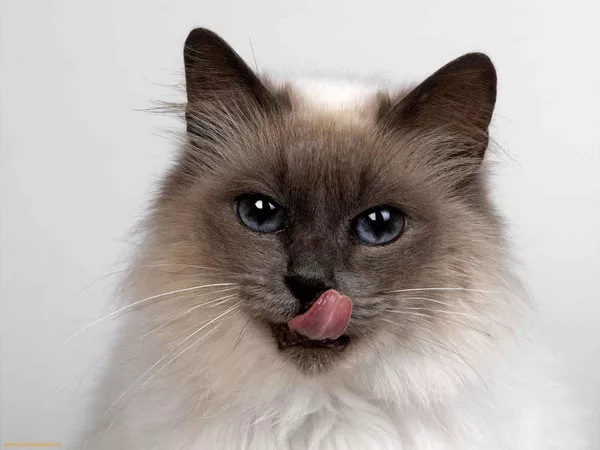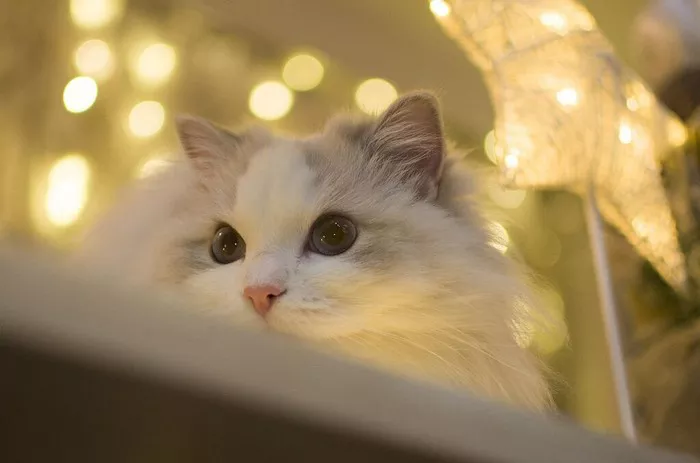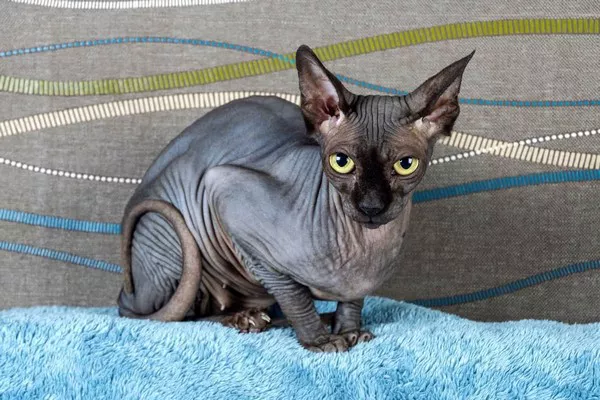Insect-based ingredients in cat food are gaining traction among pet owners, according to a recent survey conducted in Chile. While some may initially be hesitant about incorporating insects into their feline companions’ diets, the study sheds light on the growing acceptance driven by environmental benefits and the natural inclination of cats to consume insects.
The research, published in the Journal of Insects as Food and Feed, involved an online survey conducted between June and August 2021, engaging 1,684 cat owners. The majority of respondents were female (89.2%), well-educated (73%), and had omnivorous eating habits (63.7%).
The findings revealed that a significant portion of cat owners (63.6%) expressed willingness to incorporate insect-based ingredients into their cats’ diets. However, the form of these ingredients played a crucial role in acceptance. Participants showed a preference for not visibly encountering insects in the cat food. Treats containing 20% insect meal were deemed more acceptable than pure insect meal or whole insects. Among the insect options, cat treats made with cricket meal received the highest level of acceptance.
One of the key drivers of acceptance was the awareness of the environmental benefits associated with insect-based ingredients. The survey found that participants more open to offering insect-based treats to their cats were also more inclined to consider pure insect meal and whole insects. On the flip side, cat owners who resisted including insects in their cats’ diet cited reasons such as disgust, unfamiliarity, and a preference for traditional pet foods.
Insect-based ingredients have been lauded for their sustainability, as demonstrated by lifecycle assessments indicating that arthropod agriculture demands fewer resources and produces less pollution compared to traditional livestock farming. Not only are these ingredients environmentally friendly, but feeding trials have shown that diets with insect-based components match the palatability and digestibility of conventional pet food.
While insects like crickets, mealworms, and black soldier fly larvae offer an eco-friendly alternative to traditional protein and oil sources, challenges exist. Building new facilities for insect-based production raises questions about land use, resource consumption, and energy requirements, complicating the comparison with more established livestock industries. Additionally, the utilization of co-products from animals, traditionally included in pet food, poses sustainability paradoxes that researchers are still unraveling.
Despite these challenges, the study suggests a promising shift in pet owner attitudes toward embracing insect-based ingredients for their feline companions, showcasing a growing awareness of the environmental impact of traditional pet food ingredients. As the demand for sustainable practices in the pet food industry rises, insect-based options may become a staple for conscientious cat owners.

























